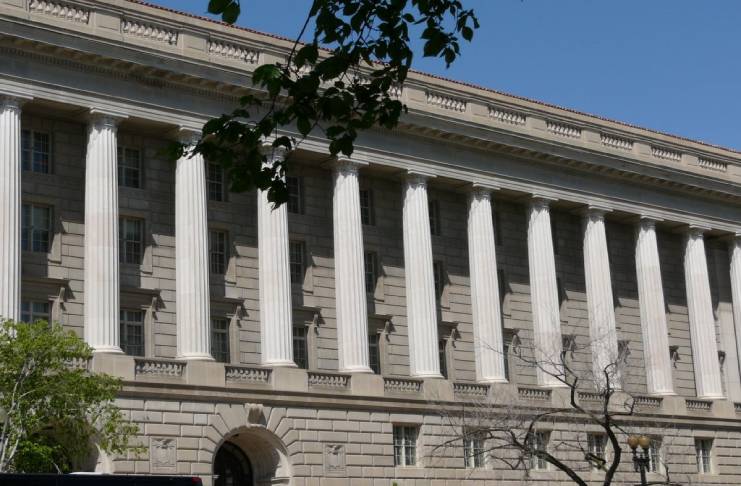Recently, the IRS has been seen to move steps further into an expanded audit for cryptocurrency transactions in the U.S. crypto owners may expect a stricter tax regime in the coming days.
Forbes published in a report the recent statement of work that the Internal Revenue Service (IRS) sent to cryptocurrency tax software firms like CryptoTrader.Tax. This can potentially refer to the IRS’ bid to enforce a potentially stricter tax regime for cryptos in the U.S.
Forbes said that in the statement of work IRS sent out, crypto tax firms will be hired as “outside contractors” that will help them audit cryptocurrency owners.
IRS tapping third-party contractors for crypto transactions audit
According to CryptoTrader.Tax, they received an email from the IRS back in May 2020 that says they are “soliciting private contractors to aid in the audits of cryptocurrency-related tax returns.”
An excerpt from the email reads:
“The Internal Revenue Service is engaging outside contractors to assist our Revenue Agents in calculating taxpayers’ gains or losses as a result of their transactions involving virtual currency.”
While CryptoTrader.Tax disclosed that they “will not be pursuing” a contract with the IRS, there is no certainty that other contractors IRS reached out to will not accept the offer.
Forbes noted that the only possible reason IRS is hiring experts to help them provide consultancy services in auditing cryptocurrency transactions is that they have plans to expand the “volume and scrutiny of cryptocurrency audits.”

The IRS has long defined cryptocurrencies as “properties” to put them within its regulatory ambit. Taxable events in cryptocurrency transactions include those that involve an exchange of cryptocurrencies, income generation from mining, and receipt of cryptocurrencies for goods and services.
IRS filed lawsuits for lists of transactions and account owners
As many may recall, Forbes stated that back in 2017, the IRS filed legal action against Coinbase to get a hold of its list of account holders and their information. A year after that lawsuit, Coinbase had to turn over almost 13,000 names to the IRS.
Most of these accounts received “soft letters” from the IRS warning them about complying with the tax regime that governs cryptocurrency transactions before a comprehensive audit is performed.

The move of the IRS to look for contractors that can process the data IRS can compile potentially places a question on the anonymity of transactions performed within centralized exchanges like Coinbase. After all, cryptocurrency transactions tied to specific addresses on the blockchain can also be considered traceable too.
The ongoing development in the bid of the IRS to tap cryptocurrency experts might just be the signal for crypto holders to expect a stricter tax regime in the days to come.
Images courtesy of Pixabay, Worldspectrum/Pexels, Scott S/Flickr
